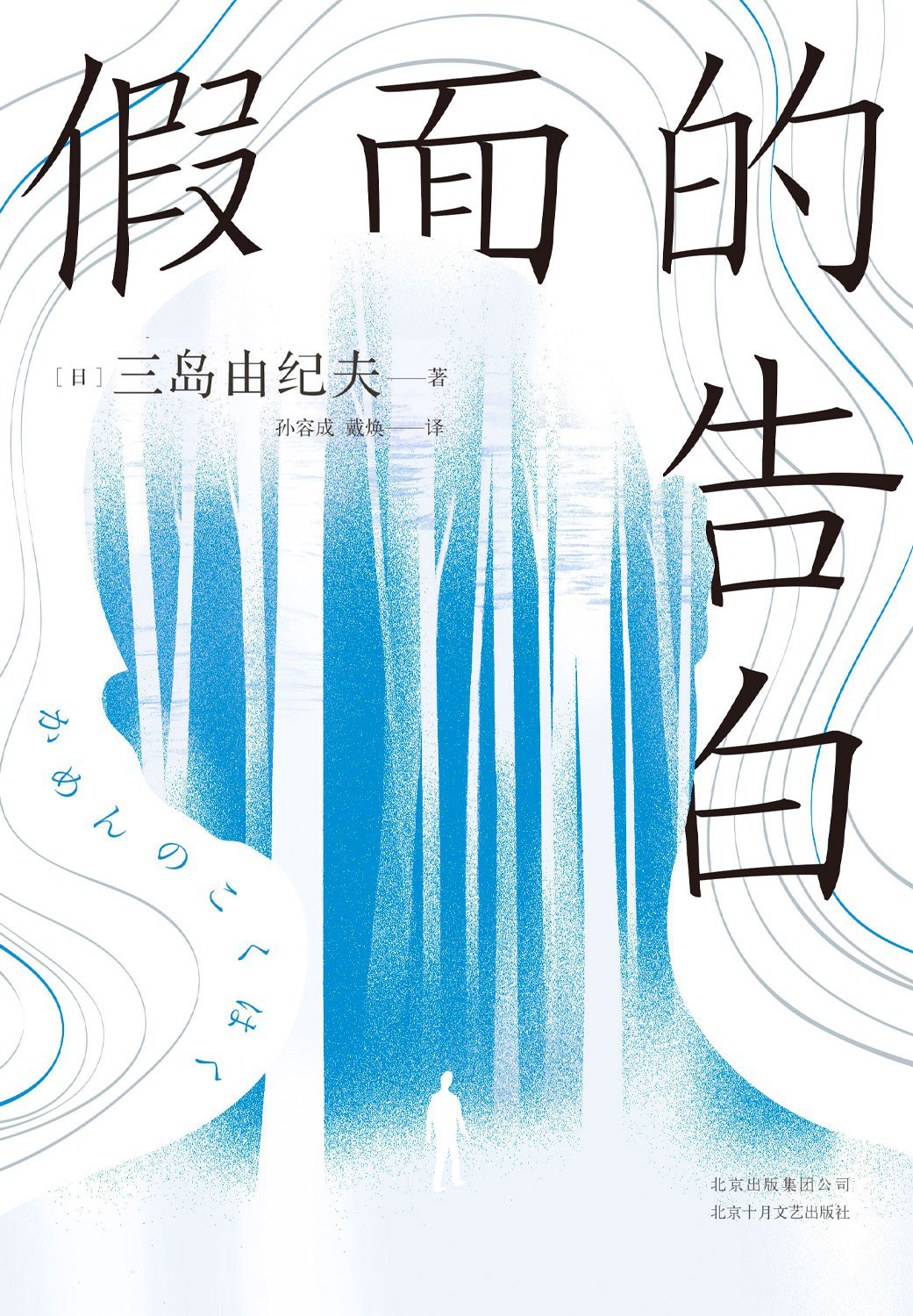WULOLIFE
《假面的告白》 作者: [日] 三岛由纪夫 译者: 孙容成 / 戴焕 出版社: 北京十月文艺出版社
《假面的告白》 作者: [日] 三岛由纪夫 译者: 孙容成 / 戴焕 出版社: 北京十月文艺出版社
Couldn't load pickup availability
Description
内容简介· · · · · ·
我永远都是少年,永远都是十六岁。我说的一切也请不要当真。
我把人们谨慎的、噤若寒蝉的事,鼓足勇气,揭露了出来。《假面的告白》是三岛由纪夫
享誉世界的文学经典,两次入围诺贝尔奖文学大师三岛由纪夫的代表作, 《假面的告白》一发表便震惊日本文坛,三岛由纪夫凭此正式步入职业作家生涯
我不得不违心地表演。别人眼中认为我在表演的,实际上是我想归回的真才是我表演出来的。
全新译本,新锐学者精心翻译
--------------------------------------------------------------------------------
痛苦这样告诉我:“你不是人。你是无法与人交往的。你是一种非人的、奇妙而又可悲的生物。
仅一直欺骗自己说它不会来。那就是人类的“日常生活”。事实是,明天它就要不由分说地开始了。
--------------------------------------------------------------------------------
《假面的告白》是一封遗书,我想把它留给自己迄今所住的那片写这本书对我来说是一种反向的自杀。——三岛由纪夫
我得的诺贝尔奖应该颁给三岛由纪夫。像他这样才华横溢的天才作家,大概两三百年都难遇一个。——川端康成
《假面的告白》揭开了日本文学史新的一页。——花田清辉(日本评论家)
三岛是一位用绚烂的语言铠甲,包裹纤细、脆弱肉体的独孤的现代艺术家,他人生就是"语言","语言"就是人生。未熟的肉体,已经成为"语言"的囚徒。正是在这种地方,有着三岛由纪野岛秀胜(日本评论家)
在三岛的诸多著作中,《假面的告白》尤为惊人。《假面的告白》透彻剖析了自身的软弱和病态的想象,同时自白了颓废的浪漫美学观,刻画出了三岛由纪夫心中浪漫主义的源头。——亨利·斯各特(英国记者)
如果说《人间失格》是太宰治小心翼翼地向人类发出的临终求爱,那么《假面的告白》便是三岛由纪夫将从前的自己留在“死的领域”的“遗书”,是努力奔向“生的领域”的证明。
--------------------------------------------------------------------------------
知名作家阎连科、余华,文艺界名人梁文道、梁朝伟、高晓松、黄磊、张若昀、李现
全新版本,知名设计师设计,内外双封,精装典藏
作者简介· · · · · ·
三岛由纪夫
1925-1970
日本作文学奖。
1949年出版长篇小说《假面的告白》,备受好评;
1954
1956
